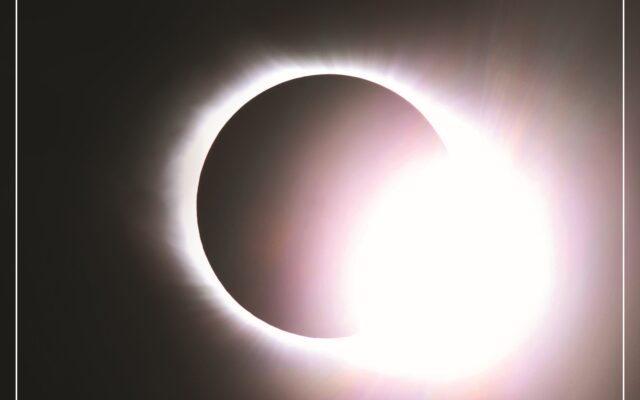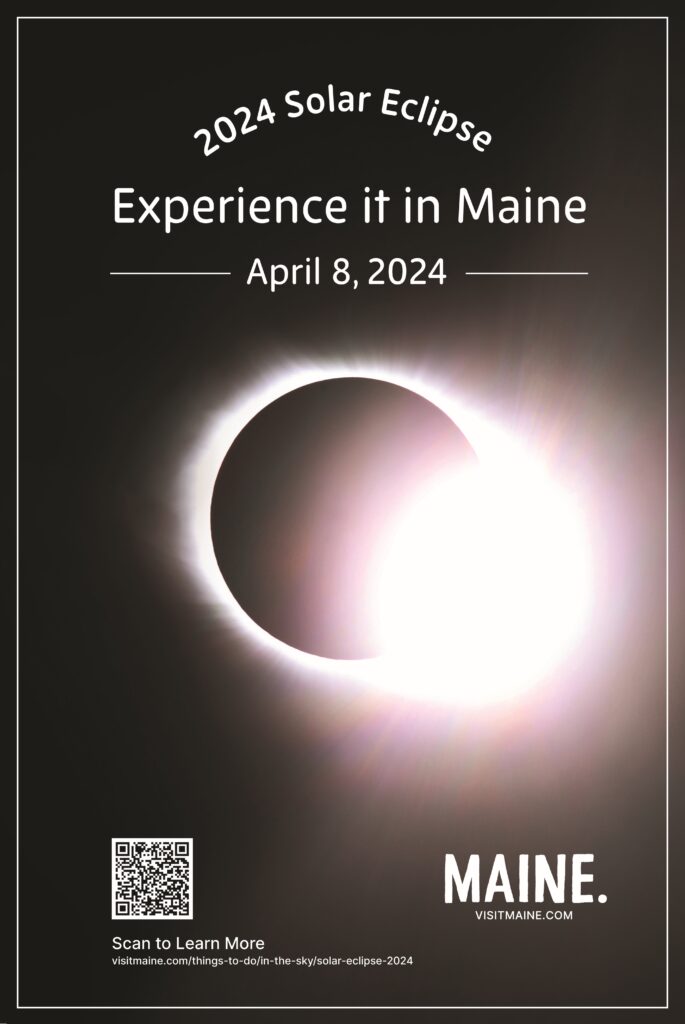
This is what happens to animals during an eclipse
By Julia Bayly, Bangor Daily News Staff
You probably won’t see any animals, birds or amphibians wearing special dark glasses during the upcoming total solar eclipse. But you will see some behavioral changes among them as midday sun turns into a twilight darkness.
The April 8 solar eclipse is a once-in-a-lifetime event for most Mainers. It’s the same for the birds, animals and reptiles, some of which likely will become confused or unsettled when they are plunged into a mid-day darkness.
This will be most noticeable among animals that are nocturnal or have their daily activities scheduled by the sun, according to animal and eclipse experts.
“Seeing how animals react is going to be one of the fun things with the eclipse,” said Doug Hitchcox, staff naturalist with Maine Audubon. “It’s going to make for a really multi-sensory experience for people who are focused on the animals, [and] of course the visuals of the eclipse will be stunning.”
In a solar eclipse, the moon passes between the sun and the earth, casting a complete shadow along a narrow path on the globe. On April 8, that path will pass directly over the state, throwing parts of northern Maine into a minutes-long twilight darkness.

Doctors warn people against ever looking directly at the sun, even during the period of total lunar coverage. Those who want to observe the eclipse safely must wear special dark glasses that block almost all visible light and the dangerous infrared and ultraviolet light.
But one thing experts are not worried about is any eye injuries resulting from critters staring into the sun without protective lenses.
“Animals and birds have millions of years of evolution that has told them not to look into the sun,” Hitchcox said.
Hitchcox plans to head to the Borestone Mountain area in western Maine where he will set up audio recording equipment to capture, among other things, frog vocalizations.
Specifically, frogs that are normally active at night.
“There will be a cacophony of tree frogs and spring peepers and those are the ones I am so excited to hear,” Hitchcox said. “There will be all these amphibians to hear as they slowly ‘turn on’ as it gets dark.”
Insects also could react, including spiders that will start taking down their webs when the sun is covered, only to rebuild them when it’s light again.
“I saw an eclipse in Nashville where the [nocturnal] katydids started singing when the sun was covered and the daytime cicadas quieted down,” said Noah Charney, assistant professor of conservation biology at the University of Maine. “When the sun came back out, they switched off again.”
Eclipse watchers should be ready for anything.
Shawn Laatsch, director of the Versant Power Astronomy Center at the University of Maine, has seen five eclipses from various spots around the world. He’s also seen different animals react to the phenomena.
In 1999 Laatsch was on the Black Sea to watch a solar eclipse. There he observed marine mammal behaviors during the minutes of totality.
“Dolphins poked their noses out of the water,” he said. “It was really interesting to see them react.”
Stressing he’s an astronomer, not a biologist, Laatsch said animal reactions may be more noticeable if April 8 ends up being a cloudy day, which will make the time during the eclipse darker.
Statistically, there is a 40 percent chance for clear weather on April 8, Laatsch said.
It’s hard to know in greater detail how any animal, bird or amphibian is going to react, simply because there is not that much available research.
Eclipses are so rare and last such a short amount of time, there has historically not been opportunities to conduct detailed studies. But scientists can speculate, based on what they know about the birds, animals and amphibians.
Any birds that are normally active in the late afternoon will likely go silent during the eclipse, Hitchcox said. He added that bird reaction may not be obvious because there just are not that many species in the state that typically sing in the afternoon.
There is one point that eclipse watchers, biologists and veterinarians agree on. Some dogs may react to the midday darkness if they associate it with a coming storm.
Cats, on the other hand, have never been observed caring one way or the other.